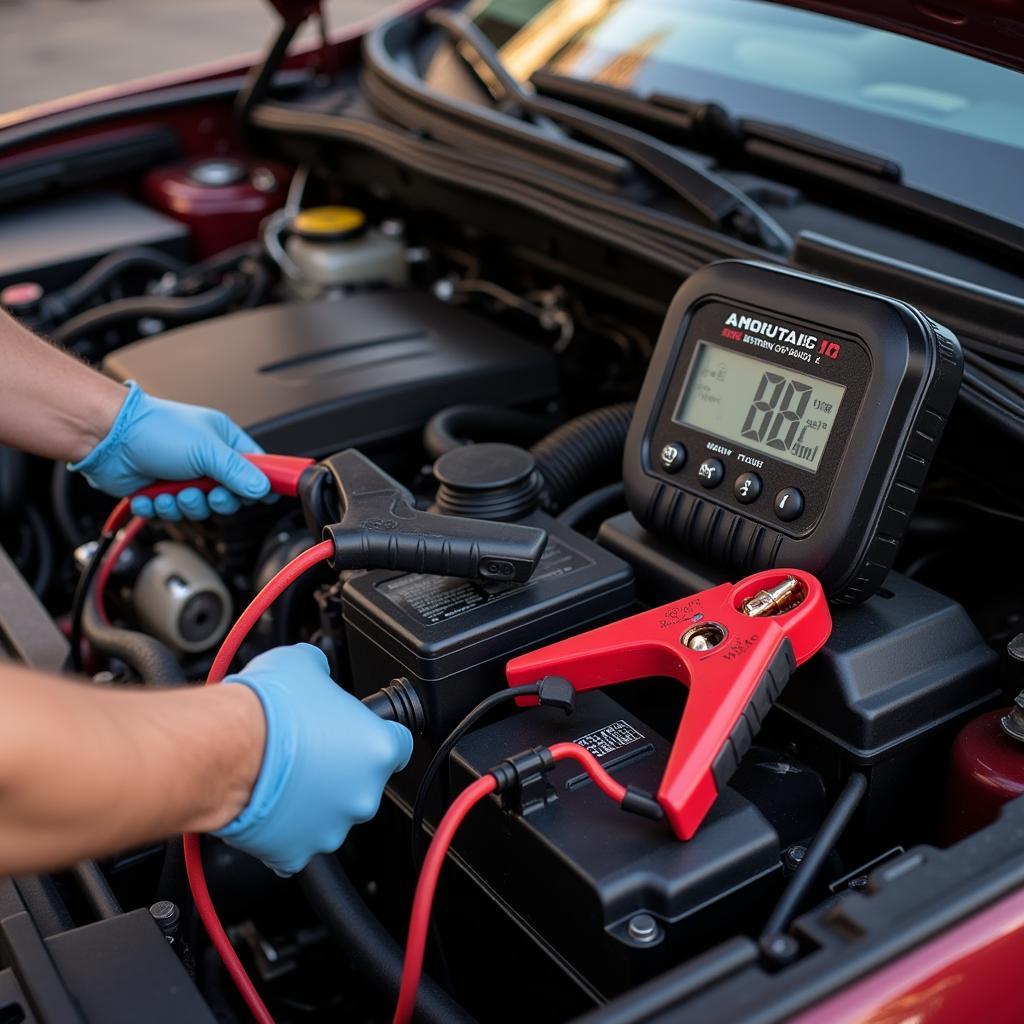Car accidents can be incredibly traumatic, and many people experience a variety of physical and emotional after-effects. One common concern, especially in more severe crashes, is the risk of a concussion. A concussion is a mild traumatic brain injury (TBI) that can lead to various symptoms that may significantly impact your daily life. This article will explore the relationship between car accidents and concussions, discussing common symptoms, the importance of diagnosis, and what you should do if you suspect you may have suffered a concussion after a car accident.
What is a Concussion?
A concussion is a brain injury that occurs when the head is struck or shaken violently, causing the brain to move inside the skull. This rapid movement can disrupt brain function, leading to a range of symptoms that can last for a few days or even weeks.
Symptoms of Concussion After a Car Accident
The symptoms of a concussion can vary from person to person and can be subtle or severe. Common symptoms include:
- Headache: This is a very common symptom after a concussion, and it can range from mild to severe.
- Dizziness: You may feel lightheaded, unsteady, or like you are spinning.
- Blurred vision: Your vision may be blurry or you may see double.
- Nausea and vomiting: These are also common symptoms, especially in more severe concussions.
- Sensitivity to light and noise: You may find bright lights or loud noises uncomfortable or even painful.
- Cognitive problems: This may include difficulty concentrating, remembering things, or making decisions.
- Mood changes: You may feel irritable, anxious, or depressed.
- Sleep problems: You may have trouble sleeping or you may sleep too much.
- Loss of consciousness: This is not always present but can be a sign of a more severe concussion.
It’s important to note that these symptoms may not appear immediately after the accident. They can develop gradually over time, and some people may not experience any symptoms for several days or even weeks.
Diagnosis and Treatment
If you suspect you may have suffered a concussion after a car accident, it’s crucial to seek immediate medical attention. A healthcare professional can diagnose a concussion based on your symptoms, a physical examination, and sometimes imaging tests like a CT scan or MRI.
Treatment for a concussion typically focuses on rest and symptom management. This may include:
- Rest: This means avoiding activities that can put additional strain on your brain, such as physical exertion, screen time, or mentally demanding tasks.
- Medication: Over-the-counter pain relievers like ibuprofen or acetaminophen can help manage headaches and other symptoms.
- Therapy: Cognitive behavioral therapy or other forms of therapy can help manage emotional and cognitive difficulties associated with a concussion.
- Time: In most cases, concussion symptoms will resolve on their own over time. However, it’s important to follow your healthcare provider’s recommendations carefully.
The Importance of Early Intervention
“Concussion symptoms can be subtle at first, and many people downplay the severity of their injury,” says Dr. Emily Carter, a neurologist specializing in concussions. “But early intervention is critical to prevent long-term complications. It’s crucial to seek immediate medical attention if you’ve been involved in a car accident and experience any of the symptoms mentioned above.”
Long-Term Effects of Concussions
While most concussions resolve without lasting problems, some individuals may experience prolonged symptoms or develop long-term complications. This is more common in individuals who have experienced multiple concussions or who have a history of concussion-related issues.
Potential long-term effects can include:
- Post-concussion syndrome: This refers to a persistent set of symptoms that can last for weeks, months, or even years after a concussion.
- Chronic traumatic encephalopathy (CTE): This is a neurodegenerative disease that can occur in people who have experienced repeated head injuries, such as athletes who play contact sports or those who have been involved in multiple car accidents.
- Increased risk of depression and anxiety: Concussions can significantly impact mental health and increase the risk of developing depression and anxiety disorders.
Preventing Concussions After Car Accidents
While you cannot always prevent a car accident, there are some steps you can take to reduce your risk of concussion:
- Wear your seatbelt: A properly fitted seatbelt significantly reduces the risk of head injury in a car accident.
- Avoid driving under the influence: Alcohol and drugs impair judgment and reaction time, increasing your risk of being in an accident.
- Maintain your vehicle: Make sure your car is in good working order, including properly functioning brakes, tires, and steering.
- Be a defensive driver: Pay attention to your surroundings, drive at a safe speed, and be aware of other drivers on the road.
Questions and Answers
Q: How long does it take for a concussion to heal?
A: Recovery time for a concussion can vary greatly. For most people, symptoms improve within a few days or weeks. However, some individuals may experience prolonged symptoms for weeks, months, or even years.
Q: What should I do if I’m experiencing concussion symptoms after a car accident?
A: Seek medical attention immediately. A healthcare professional can assess your symptoms, diagnose a concussion, and recommend appropriate treatment.
Q: Is it safe to drive if I’ve had a concussion?
A: It is not safe to drive if you are experiencing concussion symptoms. Cognitive impairment, fatigue, and other concussion-related issues can impair your driving ability and increase your risk of another accident. It’s best to avoid driving until you have been cleared by your healthcare provider.
Q: Can a concussion impact my ability to work or go to school?
A: Yes, a concussion can significantly impact your ability to concentrate, remember things, and perform tasks, making it difficult to work or go to school. You may need to take time off or adjust your schedule to accommodate your symptoms.
Q: Are there long-term consequences if I don’t seek treatment for a concussion?
A: While most concussions resolve without lasting problems, failing to seek treatment can increase the risk of prolonged symptoms, post-concussion syndrome, and other complications. It’s important to take concussion symptoms seriously and get the medical attention you need.
Contact Autotippro for Help
If you have been involved in a car accident and suspect you may have suffered a concussion, it’s essential to seek immediate medical attention. AutoTipPro is here to assist you in navigating the complex aftermath of a car accident, including dealing with injuries and insurance claims.
Contact us today:
Phone: +1 (641) 206-8880
Address: 500 N St Mary’s St, San Antonio, TX 78205, United States
Remember, seeking timely medical attention and following your healthcare provider’s recommendations are essential for your well-being and recovery after a concussion.






Leave a Reply